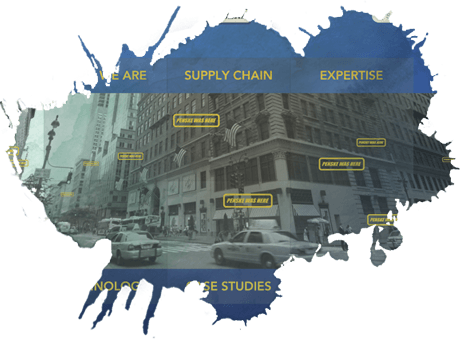Whether you are a start-up looking for a way to set your business apart from the competition, an established business looking to attract new customers, or a company looking to provide your staff in the field with tools that will make them more efficient and productive on the go, there’s no time like the present to consider mobile app development in Pittsburgh.
There are essentially two types of mobile applications – native apps and Web apps, and the type you choose will depend on how you plan to use it.
- Native apps are built specifically for one particular mobile device and are installed directly onto the device. These are the apps that you download from an online app marketplace, such as the App Store or the Google Play store. Native apps tie into the mobile device’s hardware and software, making them faster and more powerful.
- Web apps are basically HTML5 websites that have been engineered with mobile devices in mind. The user interface, buttons, controls, layout, etc. have all been optimized for use on a smartphone or tablet. They are not downloaded, but accessed via the mobile device’s Web browser.

Advantages of Native Apps
- New users will discover and download your app from online app marketplaces. Web apps, on the other hand, typically require extra advertising and marketing to enable consumers to find your app if they don’t already do business with you.
- Native applications don’t require Internet access. Web apps do.
- Native applications give you complete control over how the app looks and functions. Web apps are often distorted by different browsers, and some browsers fail to load them at all. A native app gives all of your users the same experience.
- Since the native application uses the hardware and operating system of the smartphone or tablet, it supports a wide range of extra features. Only native applications can access the camera, motion sensors and GPS system of the device.
Advantages of Web Apps
- Web apps do not have to be downloaded and installed.
- Web applications are designed to run on common browsers and work on multiple platforms. Whether you use Windows, Linux or Mac OS you can run the web application without any problem. This means, however, that their interfaces may be less sophisticated than native apps.
- Most of your data and content is stored on a secure server somewhere and not on the device itself, so you can access it from anywhere on any computer or mobile device as long as you have internet or intranet access.
- Web applications provide additional security by removing the need for the user to have access to the data and backend servers.
- Web apps take up very little (if any) disk space on your computer or device.
- Web apps are typically distributed free of charge. Users must purchase most native apps.
- You don’t typically have to worry about backups or installing updates. Web apps are always up-to-date.
The user experiences provided by native apps and Web apps have become more similar today because most native apps utilize real-time Web connectivity and Web apps offer offline modes that can be accessed without network connectivity. These are generally referred to as hybrid apps.
If you’re interested in transforming your business processes and/or attracting new customers, contact LaunchDM for mobile app development services in Pittsburgh. We’re ready to help you find the right mobile solution for your business.
